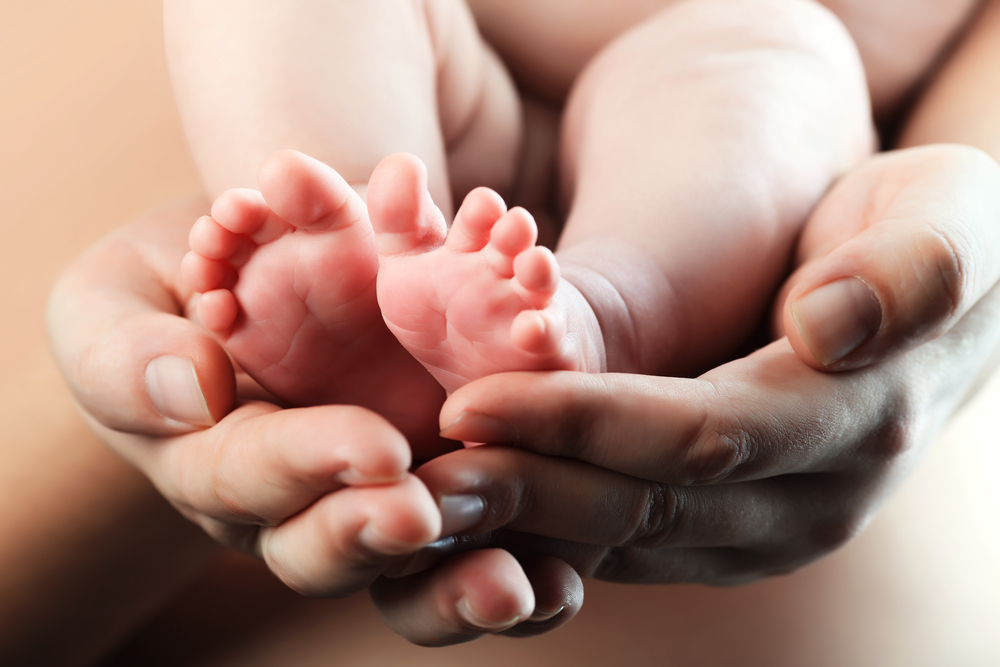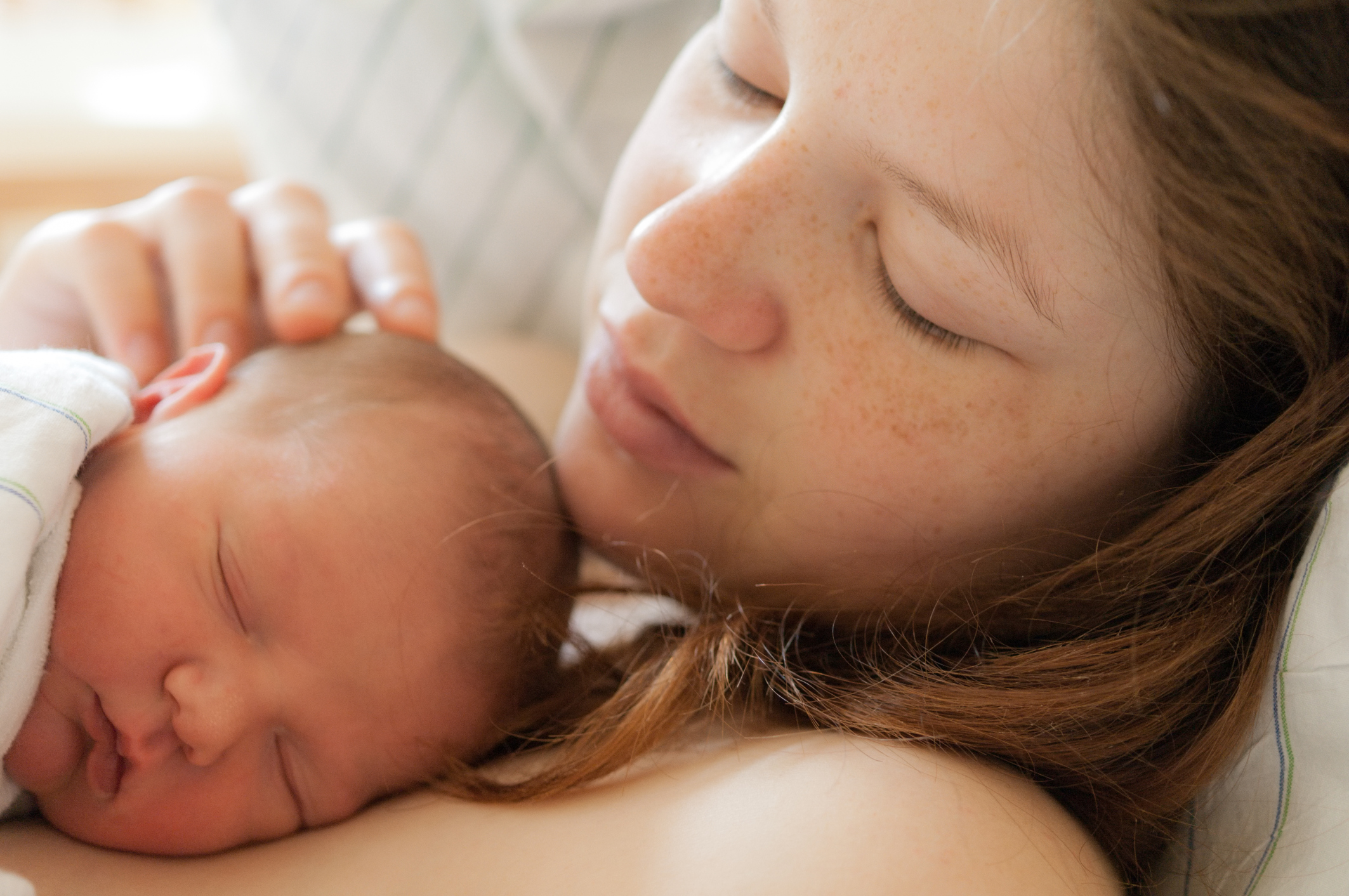Only 2% of mothers are unable to breastfeed for medical reasons. Breasts make milk on a supply-and-demand basis. As your baby takes milk, your body tells your breasts to make milk – so you will never run out, no matter what size your breasts are. If a mother feels she is having problems with her milk supply, she should contact … Read More
You’re Having a Baby!
Congratulations on your pregnancy! And now the journey begins. There is so much to learn before you bring your little one home. You may have lots of questions about pregnancy, nutrition, a healthy lifestyle, labour, birth, breastfeeding, how to care for your new baby and what is available for young families in the community. We want to help you on your journey … Read More
A Baby Friendly Christmas
T’was the night before Christmas and baby is here, After 12 hours of labour the room gave a cheer! My baby was placed on my belly with care And a blanket was put over both of us there. While the nurse watched his breathing and heard his heart beat My husband and I counted toes on his feet He lay … Read More
Aunt Nan says, “Breastfeeding will make your boobs sag.”
Breastfeeding doesn’t cause breasts to sag – pregnancy does! During pregnancy, hormones cause the ligaments in the woman’s pelvis to relax to allow it to expand during birth. The same hormones also relax the Cooper’s Ligaments, which attach the breasts to the chest wall. Ask around – you probably know someone who fed their baby formula and complains about having … Read More
Aunt Nan says: “You might not have enough milk to breastfeed.”
Only 2% of mothers are unable to breastfeed for medical reasons. Breasts make milk on a supply-and-demand basis. As your baby takes milk, your body tells your breasts to make milk – so you will never run out, no matter what size your breasts are. If a mother feels she is having problems with her milk supply, she should contact … Read More
Aunt Nan says: “Breastfeeding hurts.”
Some women will experience nipple soreness in the first few days after birth. Although nipple pain is common, it is not necessarily normal. It is often a sign of an ineffective latch, which can usually be fixed by trying different breastfeeding positions or consulting with a nurse or lactation consultant. Both the mother and her newborn are learners together, and … Read More
Aunt Nan says: “Big babies need more than just breastmilk.”
The World Health Organization, UNICEF, Health Canada, and The Canadian Pediatric Society all agree that breastmilk is the only food and drink a baby needs for the first six months of life – no matter what size they are. Breastmilk contains exactly the right nutrition for your baby – it even changes in composition as your baby grows, in order … Read More
Aunt Nan says: “You can’t eat what you want if you breastfeed.”
Did you know that breastmilk contains the exact perfect nutrition for a baby, no matter what the mother eats? You could eat at a fast food chain 3 times a day (not that we recommend it), and your body will take from your nutrient stores to make breastmilk that is still 100% perfect for your baby. Making healthy food choices … Read More
Aunt Nan says: “Formula is just easier.”
Feeding a baby with formula means boiling water, preparing formula, and cleaning and sterilizing bottles multiple times a day. Since some formula can contain dangerous bacteria for the baby, it is very important that it is prepared properly to lessen the risk for the baby. It can also be a hassle to lug around a diaper bag with formula, water, … Read More
Aunt Nan says: “Formula-fed babies sleep longer.”
Babies are not supposed to sleep for long periods – and certainly are not supposed to sleep through the night right away. New studies show that babies who have longer periods of deep sleep may be more at risk for Sudden Infant Death Syndrome. There is no need to give a baby formula (or rice cereal) before bed to encourage … Read More
Aunt Nan says: “Breastfeeding means that only Mommy can have special time with Baby.”
Breastfeeding can be a very special time for a mother and her baby to bond by smiling, snuggling, and interacting with each other. But fathers, grandparents, and other important people in a baby’s life can have special time with the baby without feeding him. Any time can be special time if you smile, sing, talk, or play with the baby. … Read More
Aunt Nan says: “Breastfed babies are too clingy.”
Babies need to feel safe and loved in order to have confidence to explore their world around them. During breastfeeding, a mother and her baby have an opportunity to bond. The mother’s body releases oxytocin, which is sometimes called the “love hormone” – it gives her feelings of attachment to her baby. As she smiles, sings, coos, strokes, and nourishes … Read More



